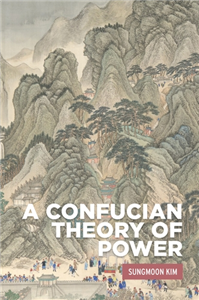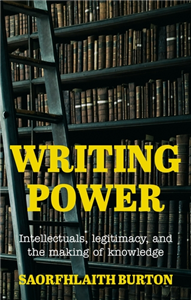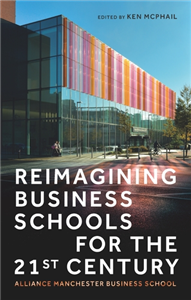Everything worth knowing about losing weight
For decades, magazines, countless self-help books and
advertisements have been filled with promises for a quick
convenient and, above all, effortless weight loss.
Yet even experts often find it difficult to determine the
benefits and, more importantly, the potential harm of the
multitude of strategies, programmes and products on offer
It usually takes a great deal of time to fully understand and
examine the methods from all angles and to critically analyse
them. However, this compact guide will quickly bring readers
up to speed.
The author, a qualified nutritionist and dietician, systemati
cally compares the 100 most popular weight-loss diets using
monographs and evaluates them objectively and neutrally
according to all the key criteria. The general section features
a helpful bonus guide: ‘Which diet is right for me?’
The book is aimed at nutritionists, other professionals and
anyone, who wants to help themselves or others lose weight
in a healthy and sustainable way.
A trusty companion for losing weight safely and effectively
Target group: Pharmacists, physicians, dieticians and other
nutrition professionals, nutritionists, interested laymen




























